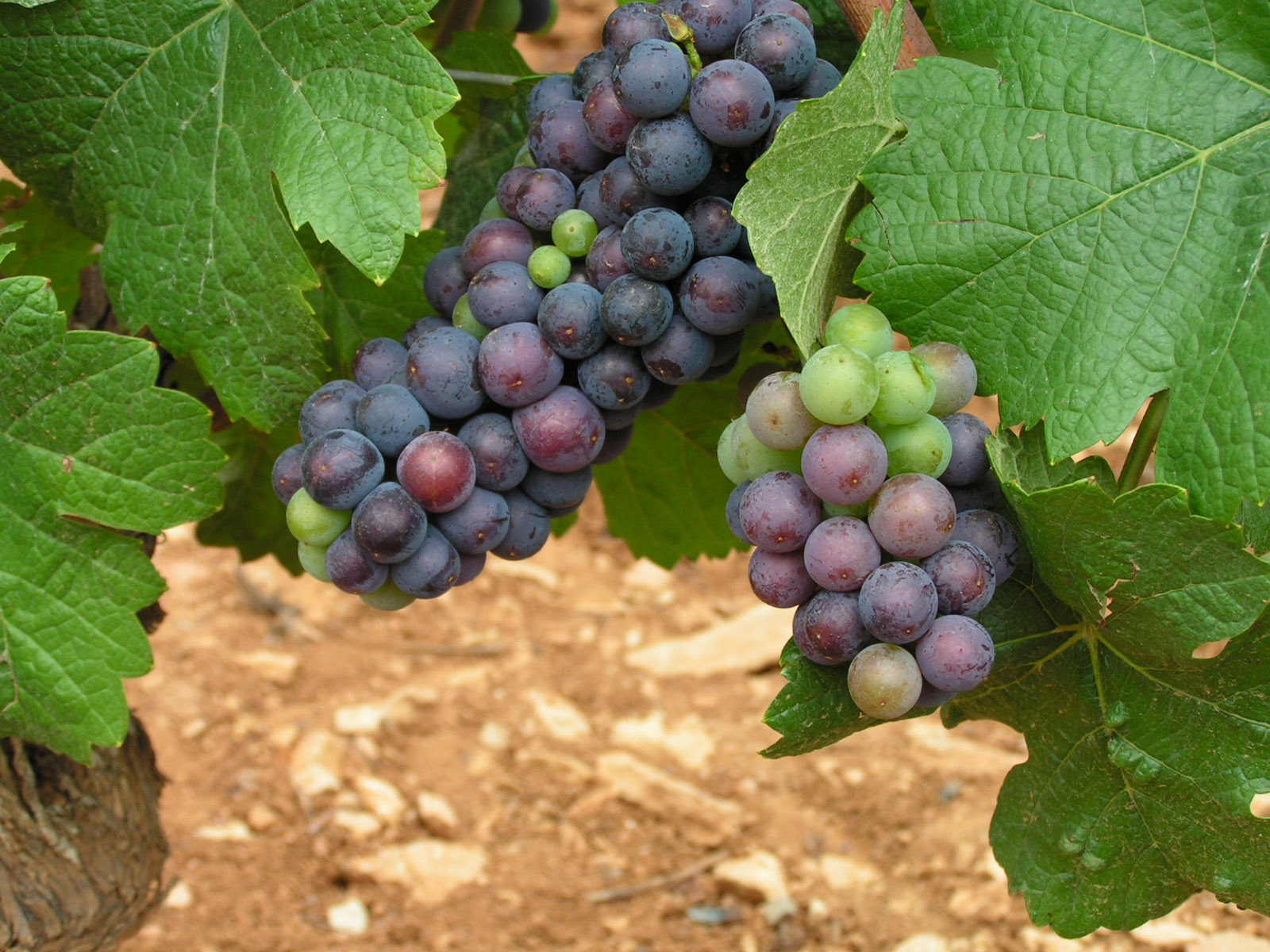Agriculture45
-

Climate Clock is Ticking for Pinot Noir
New studies of temperature records, grape harvests, and climate fluctuations over the Atlantic Ocean are yielding insights into how climate change might impact the production on Pinot Noir.
-

How China Is Dealing With Its Water Crisis
Recently I traveled to Southeast Yunnan in China to see the spectacular Yuan Yang rice terraces, flooded and ready for spring planting. Rice is a very water-hungry crop and China is the world’s largest producer of rice and grain. Yet China is facing a perilous water crisis.
-

Professor Jeffrey Sachs Extends Term as Director of the Earth Institute
The Earth Institute, Columbia University announced that Professor Jeffrey Sachs has agreed to extend his term as its director. Since his tenure began in 2002, Sachs has led the Earth Institute to become a leading scientific authority on sustainable development while simultaneously expanding its reach worldwide. Through his guidance, the Earth Institute and its scientists…
-

The Middle East Dries Up—Another Case Study in the Water-Energy-Food Nexus
As seductive as it is, depleting non-renewable aquifers to grow food is fundamentally unsustainable for the long term, as Saudi Arabia and other nations are finding out. According to a recent article by Lester Brown, in the 1970s the world’s largest oil producer realized it could use oil-drilling technology to tap deep underwater aquifers and—amazingly,…
-

Growing Up: Water Efficiency and Sunless Farming
As Earth’s population continues to grow and a dynamic global climate shifts our expectations of where and when food can be grown, scientists are trying to find new ways to get more from less.
-

Informing Farmers and Combating Drought in Mali
A new case study authored by scientists at Mali’s national meteorological service and the International Research Institute for Climate and Society chronicles a success story of linking farmers to climate information in response to the 1972-1984 drought.
-

To Burn, or Not to Burn
A new report by the World Resources Institute showcases IRI’s efforts to get decision makers in Indonesia to change their fire policy, so that it was based on seasonal climate information.
-

Insuring the World’s Poorest Farmers
Index insurance could help small-scale farmers build wealth and cope with climate change, but more accurate weather and climate data is needed for index insurance to catch on, writes Daniel Osgood, a scientist at Columbia University’s International Research Institute for Climate and Society (IRI). In a new piece in Nature Geoscience, Osgood and colleagues outline…
-

Improving Climate Prediction in Africa
Africa lags the developed world in weather stations but still produces a surprising amount of data. Too bad few people are using it. Scientists at Columbia University and a growing number of others—among them Bill Gates and the charity arm of Google—are pushing to open Africa’s climate archive to the world by making it free.…

By studying thousands of buildings and analyzing their electricity use, Columbia Climate School Dean Alexis Abramson has been able to uncover ways to significantly cut energy consumption and emissions. Watch the Video: “Engineering a Cooler Future Through Smarter Buildings“
